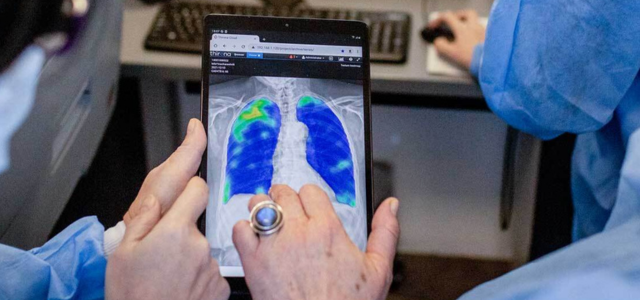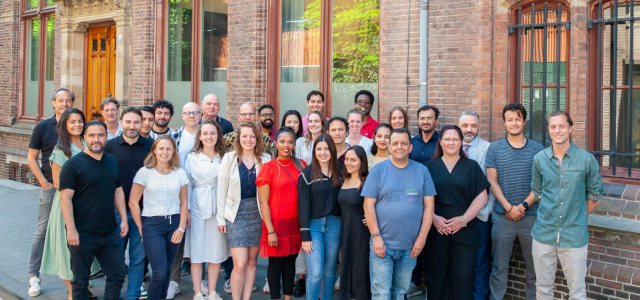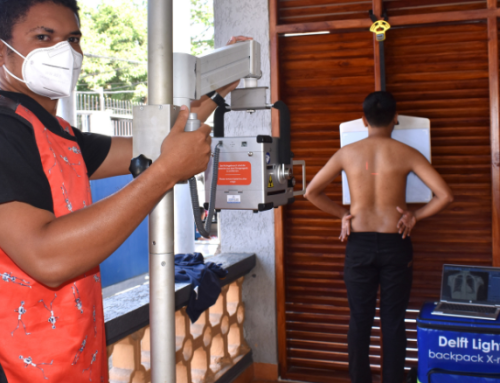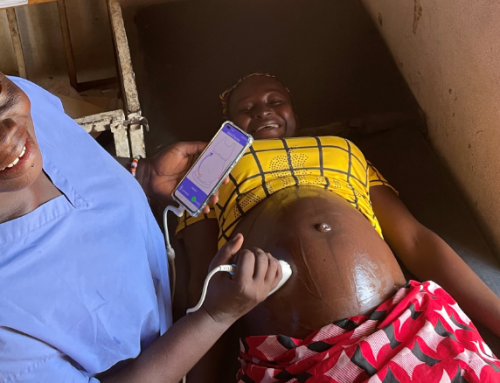Navigating Maternal Health
Antenatal care is essential for protecting the health of women and their unborn children. Zambia’s maternal healthcare landscape is a study in contrasts, marked by significant challenges and inspiring breakthroughs. According to a 2022 study, despite a decrease in the death rate for pregnant mothers by more than half between 2000 and 2017, Zambia continues to face a high burden of mortality, with pregnant women at a 1% risk of dying during pregnancy or childbirth.
The Challenges of Maternal Healthcare in Zambia
Zambia ranks 141 out of 185 in maternal mortality rates. [1] Zambian women confront daunting obstacles, including limited access to healthcare services, inadequate infrastructure, and the prohibitive cost of medical care, particularly in remote and impoverished areas.
Dawa Health is a healthcare startup determined to redefine maternal health services for Lusaka’s vulnerable populations. By setting up open-air clinics and providing home visits, Dawa Health tailors its approach to meet the needs of pregnant women in urban low-income neighbourhoods. This initiative aims to fill the critical void in antenatal care, ensuring that every woman has the opportunity for a healthy pregnancy and childbirth.
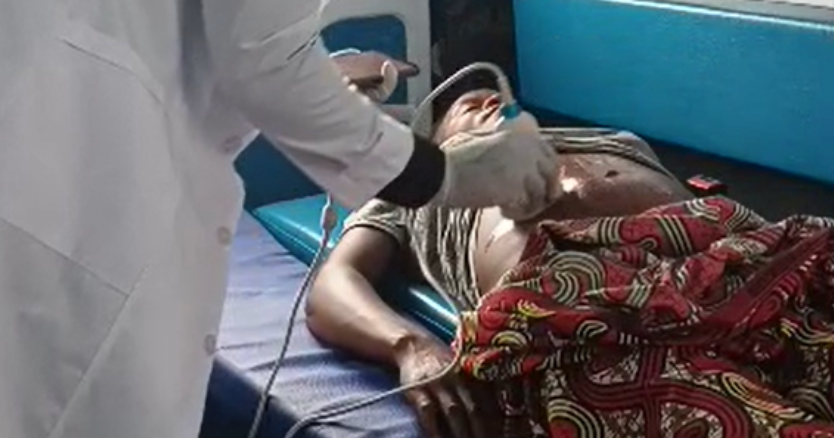
In their quest to bridge the healthcare gaps, Dawa Health has embraced innovation. Among them is the BabyChecker, a smartphone-based, AI-powered ultrasound solution. Designed for portability and ease of use, BabyChecker transforms how ultrasounds are performed, making them more accessible and affordable. Petra, a medical practitioner with Dawa Health, praises the technology for its ability to adapt to the challenges of providing maternal healthcare in Zambia’s constrained environments. “We appreciate BabyChecker; it has made ultrasound easier. In Zambia, due to infrastructure, distance, and cost, maternal healthcare is difficult for people to access. Traditional ultrasound machines were tricky for us. The vans we set up for the open-air clinics in these areas are more like buses. So, there isn’t much space to set up big ultrasound machines and have space for the patients to lie down. The BabyChecker is working well with our limitations.”
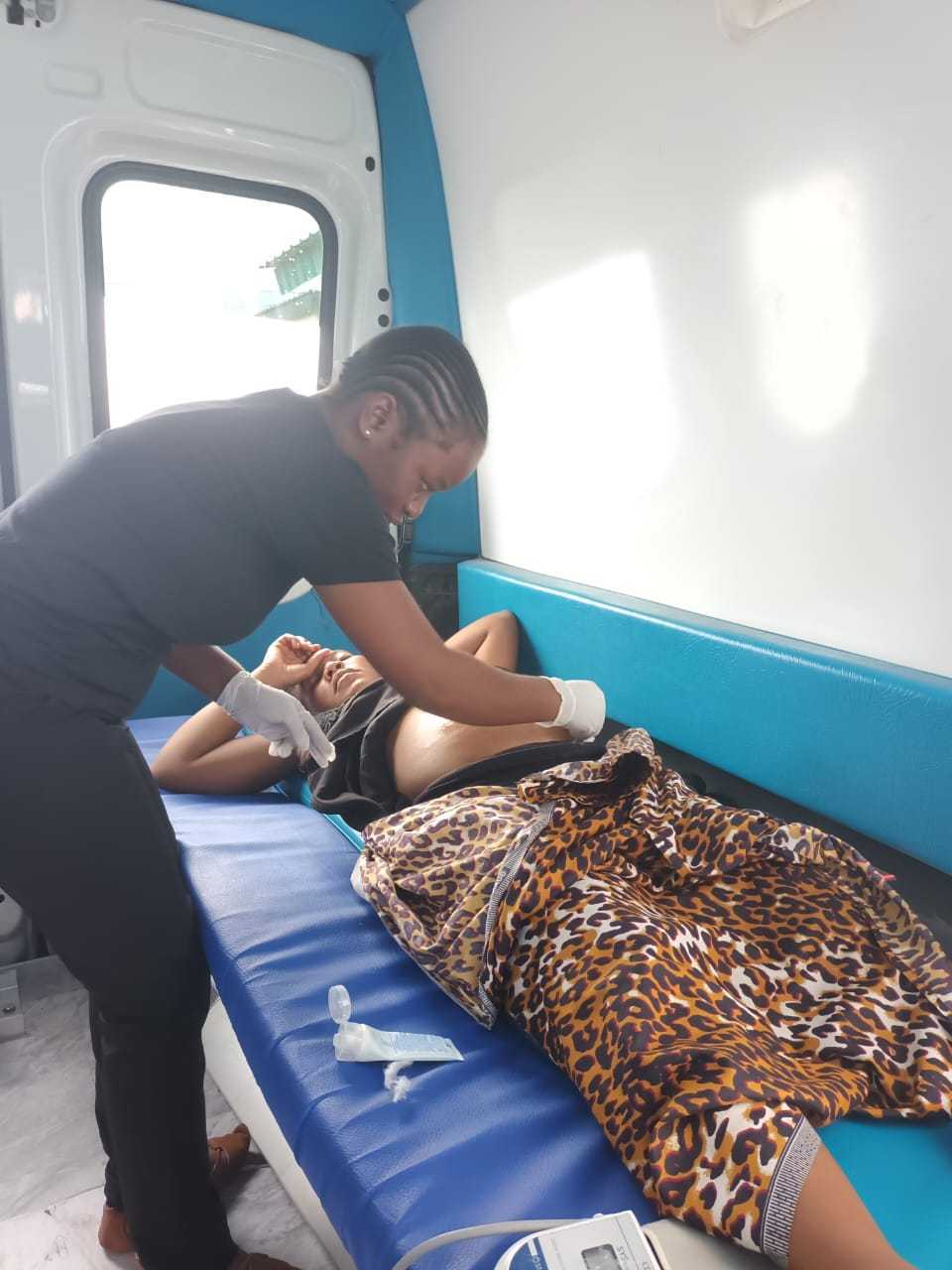
Real-Life Impacts: Stories from the Field
The impact of BabyChecker is best illustrated through the stories of the women it has helped. One poignant account involves a woman diagnosed with placenta previa. “We scanned a woman using BabyChecker recently during our open-air clinic session. She was due in about a week or two. This was her first scan with BabyChecker; it showed she had placenta previa. According to her, she didn’t have that information, and there was no record of the scan that she’d gone to the hospital. With this information, we were able to refer her to the hospital.” This enabled her to get the necessary hospital care, ensuring a safe delivery for both mother and child.
Another story highlights a woman who discovered her baby’s breech position through a BabyChecker scan, emphasising the importance of accessible antenatal care and early detection of potential complications. “Often, due to various reasons, women don’t go for ANC visits due to the distance of the hospitals and other costs incurred. So, when she came for her first scan, it showed that the baby had not turned. The baby was in the breech position despite being two weeks before the due date,” Petra said.
The Future of Healthcare Technology in Zambia
These stories underscore the transformative potential of technologies like BabyChecker in overcoming the barriers to maternal healthcare. As Dawa Health continues to pioneer these innovations, there is a growing sense of optimism about the future of healthcare in Zambia, particularly in enhancing accessibility and literacy through AI and mobile technology.
Conclusion
The journey of Dawa Health and BabyChecker in Zambia is a testament to the power of innovation in addressing some of the most pressing healthcare challenges. “Personally, I think AI is the way to go. In the areas we go to, many of them aren’t literate. When you go to a new place that hasn’t heard of Dawa Health, with new solutions they have never seen before, there is so much information to share and explaining to do. So we are doing our bit, but we hope we get there.”
By making maternal healthcare services more accessible and affordable, they are not just improving health outcomes but are also ensuring women’s lives. As we look to the future, it’s clear that the path to reducing maternal mortality in Zambia and beyond lies in embracing technology with a dedicated endeavour to engage and support the most critical and vulnerable populations.

